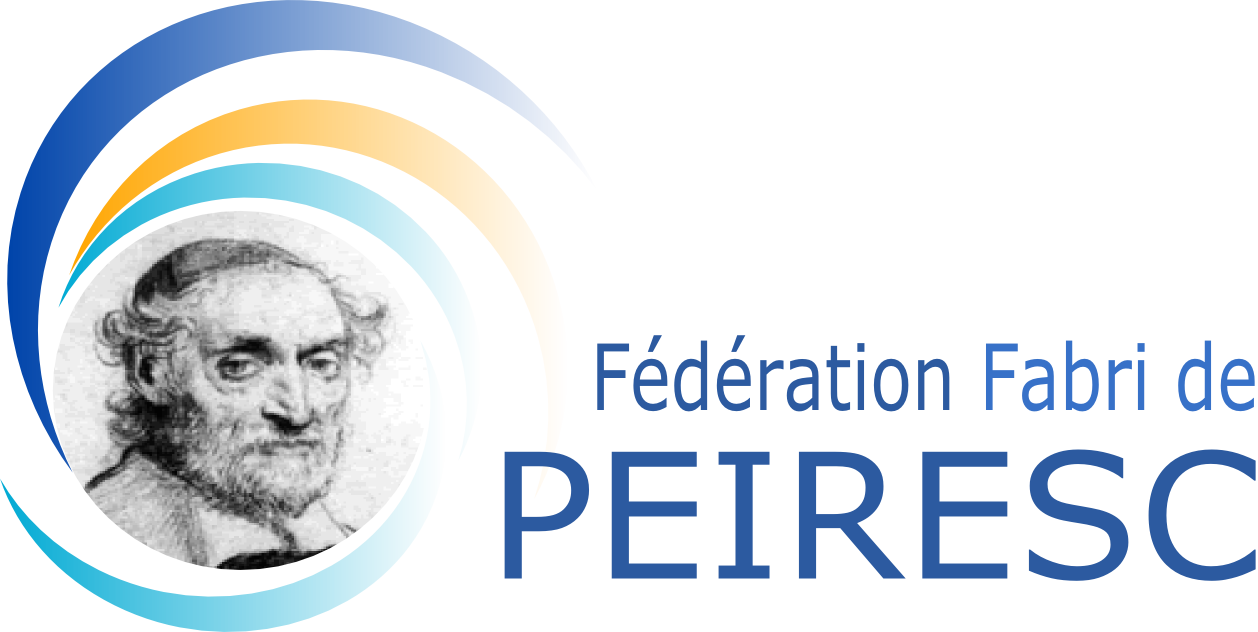Experimental Evaluation of the Concentrated Solar Heat Flux Distribution Provided by an 8 M2 Scheffler Reflector
Résumé
This study gives experimental results on the intensity and distribution of the concentrated heat flux delivered by an 8 m2 Scheffler reflector located in Marseille, France (lon. 5.4° E, lat. 43.3° N)}. Using thermography and inverse techniques, detailed maps of heat flux densities on a vertical screen were obtained at different times and on different days. The heat flux distributions provided were successfully fitted to a two-dimensional Gaussian model. The model parameters were used to objectively calculate, among other things, the mean major and minor diameters of the ellipse containing 99.7% of the heat flux, i.e. 45 cm and 37 cm respectively. Maximum heat flux densities ranged between 81 kW/m² and 112 kW/m² and the total heat fluxes delivered by the reflector were between 2.4 kW and 3.2 kW, which led to energy efficiencies between 61% and 67%. The issue of repeatability of measurements and seasonal/daily variations is also discussed. The results of this study could serve as a basis for the development of realistic numerical models and be useful to engineers responsible for optimising systems incorporating a Scheffler reflector.
| Origine | Fichiers produits par l'(les) auteur(s) |
|---|
